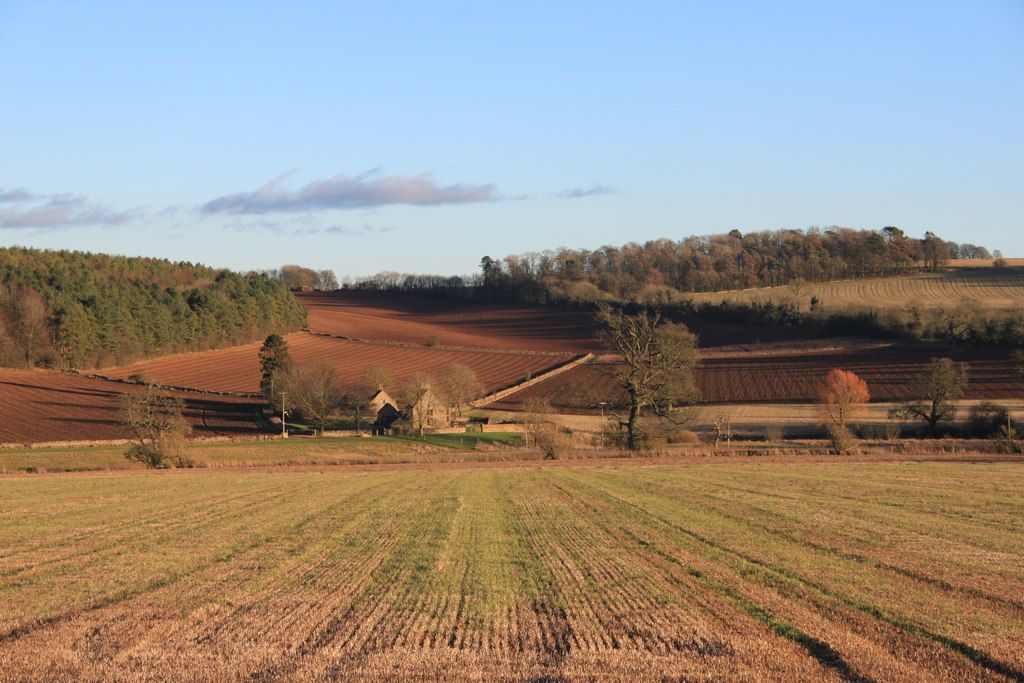There is a lot going on in agriculture technology in the UK. The country has been a hub of research for the global agriculture industry for hundreds of years, with Rothamsted Research the longest running agricultural research station in the world with nearly 170 years under its belt.
The government has also recently put its support behind the sector with the development of the UK Strategy for Agricultural Technologies culminating in the launch of various initiatives such as AgriMetrics, a big data center for the industry. And earlier this year the Rothamsted Centre for Research and Enterprise (RoCRE) launched a hub and innovation space for researchers, agtech organisations and SMEs to collaborate and work.
But there is noticeably a gap when it comes to the commercialization of technologies from research into viable businesses — the UK does not have the growing number of accelerators and incubators operating in the sector that the US has, for example.
So a new initiative, Farm491, is aiming to help fill this gap with the launch of the UK’s first agtech startup facility near the rural town of Cirencester in Gloucestershire. The new centre, which received £2.92 million in funding from the local government’s local enterprise partnership (LEP) in Gloucestershire, is attached to the Royal Agricultural University (RAU).
Modeled on Google Campus in Shoreditch, London, Farm491 is offering startup space at two new facilities, one which it is building on the RAU university campus, and the second is the farm-based Innovation Centre at Harnbill, which will be six miles away from the campus. Both should be completed by October 2016, but the center is already talking to startups, who could be housed within the university until the dedicated buildings are ready.
Farm491 members will get support from RAU, through access to farming data, research, equipment and other resources, as well as mentoring from a network of academics, farmers, entrepreneurs and investors.
Gaining farmer and farmland access is of particular importance for startups developing agriculture technologies; some agtech companies in the US have been criticized for failing, surprisingly, to interact enough with the farming community to ensure their technology is wholly relevant and needed in the industry.
The center will also put on four events a week on a range of topics such as technology marketing or business planning: “the classic startup agenda”, said Nick Holyoake, the interim director of the centre.
“The space we offer startups isn’t our key product; it’s our ecosystem of agritech education, investors, IP lawyers. Space is one thing, but really we’re selling the access to the farming community and the experience of the community and university,” he said.
The center will also hold regular pitch events to help get startups in front of investors.
“The timing is just right for a facility like this,” said Holyoake.
“We have found two types of startup interested in our facility. The technology guys, who are scattered all around the country, coming into agriculture with a new innovation but who know very little about agriculture. And then on the farmer side, we have met some who think they know how to solve a problem, but they have no tech knowledge and have been requesting courses from the university such as in programming. Nowhere has been able to offer this level of support until now.”
Holyoke will soon be replaced by a permanent center director who will be joined by another two full-time staff. For more information about the center, email [email protected].
Have news or tips? Email [email protected]
— Check AgFunder.com for agriculture investment opportunities —
Image credit: Roger Davies





